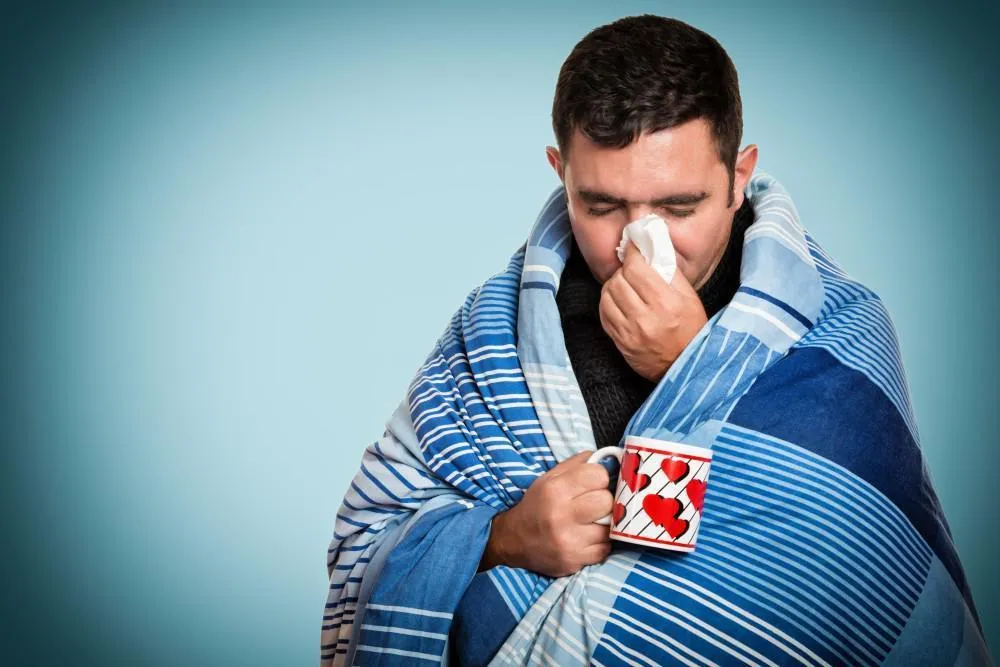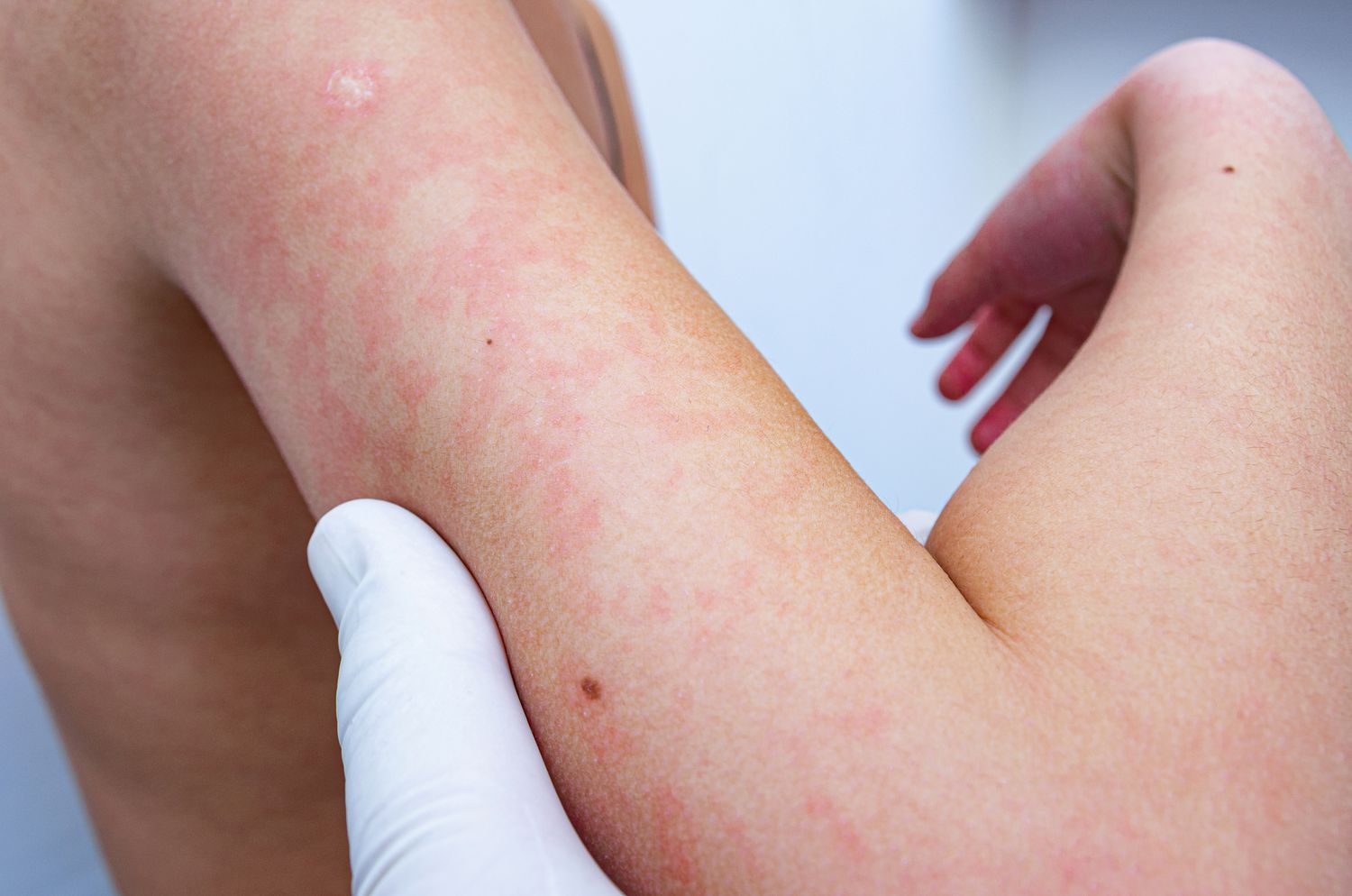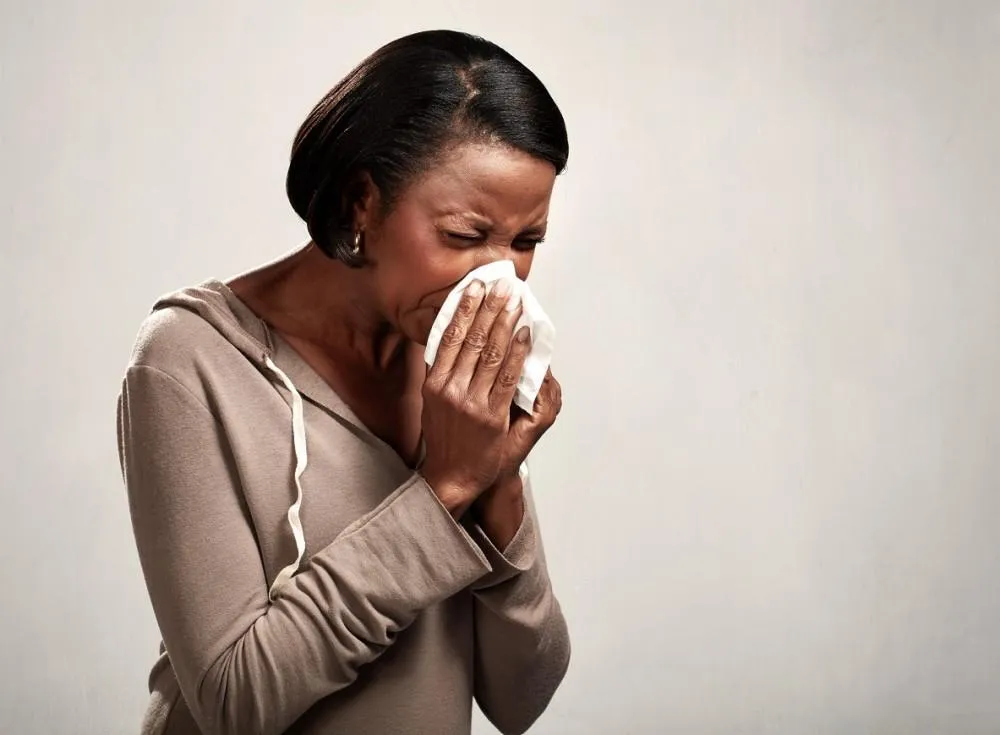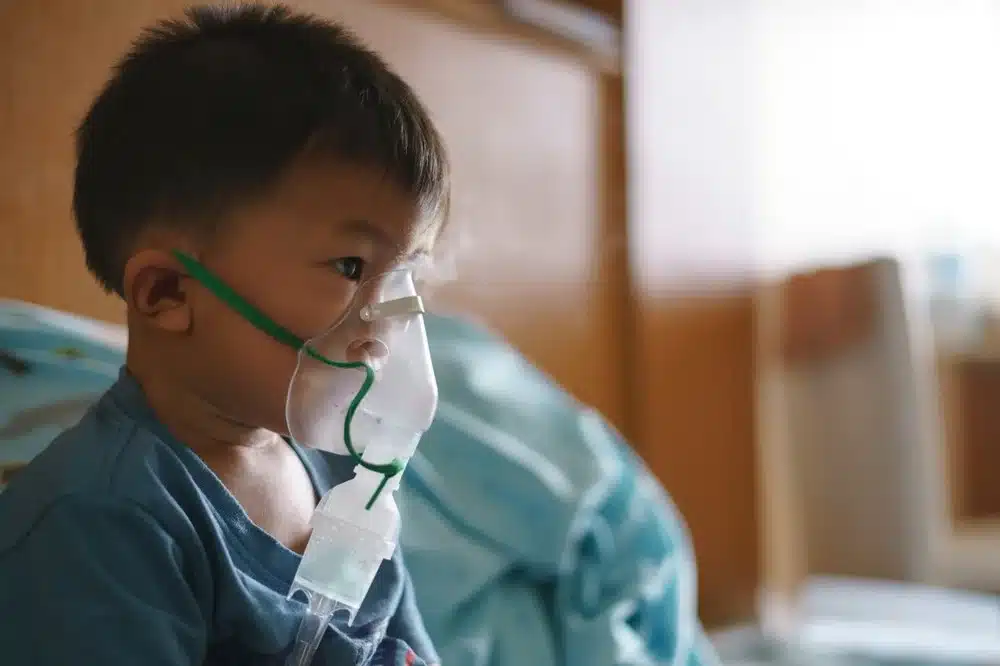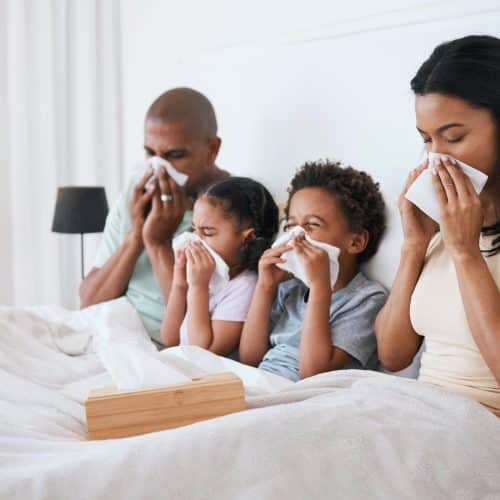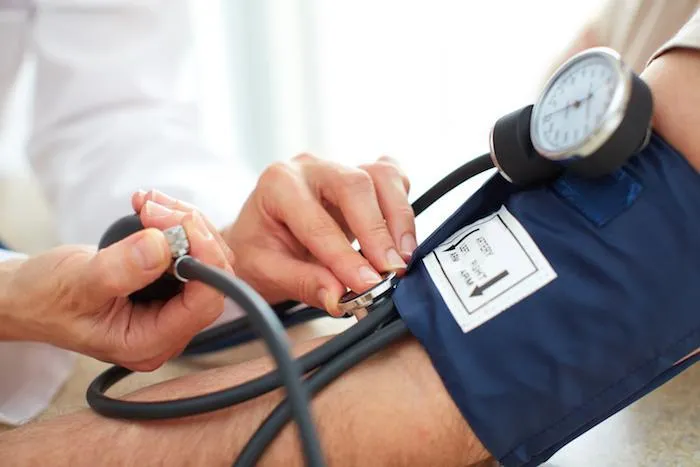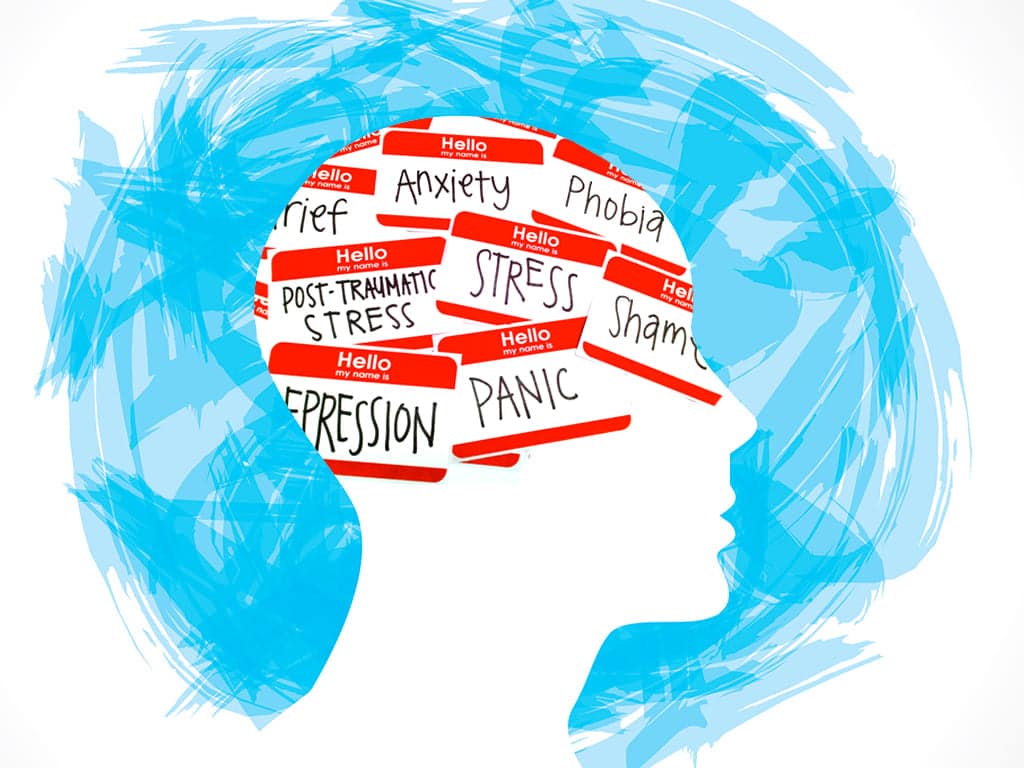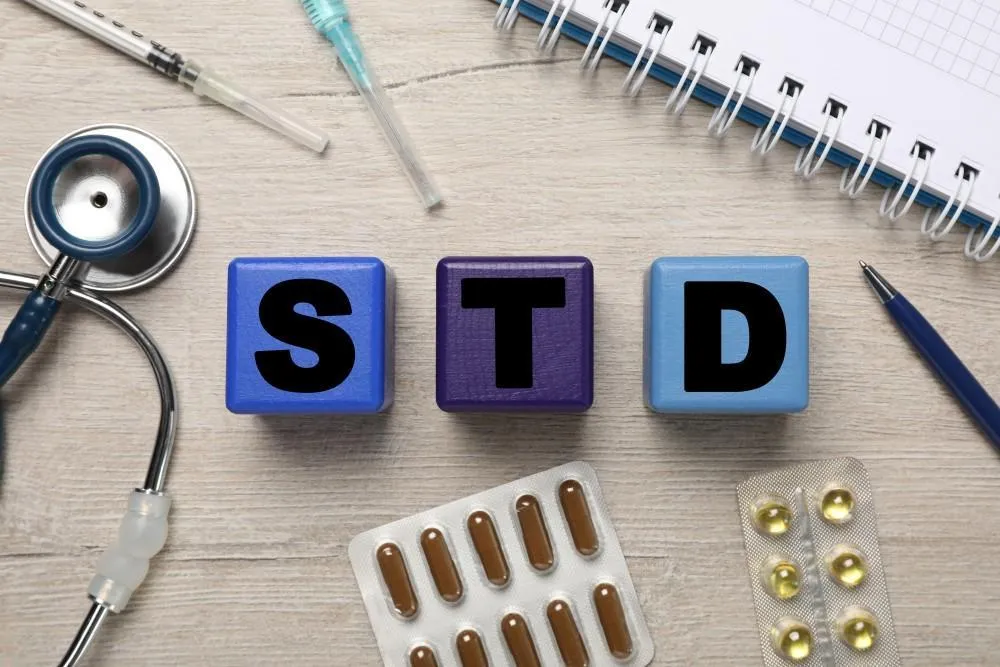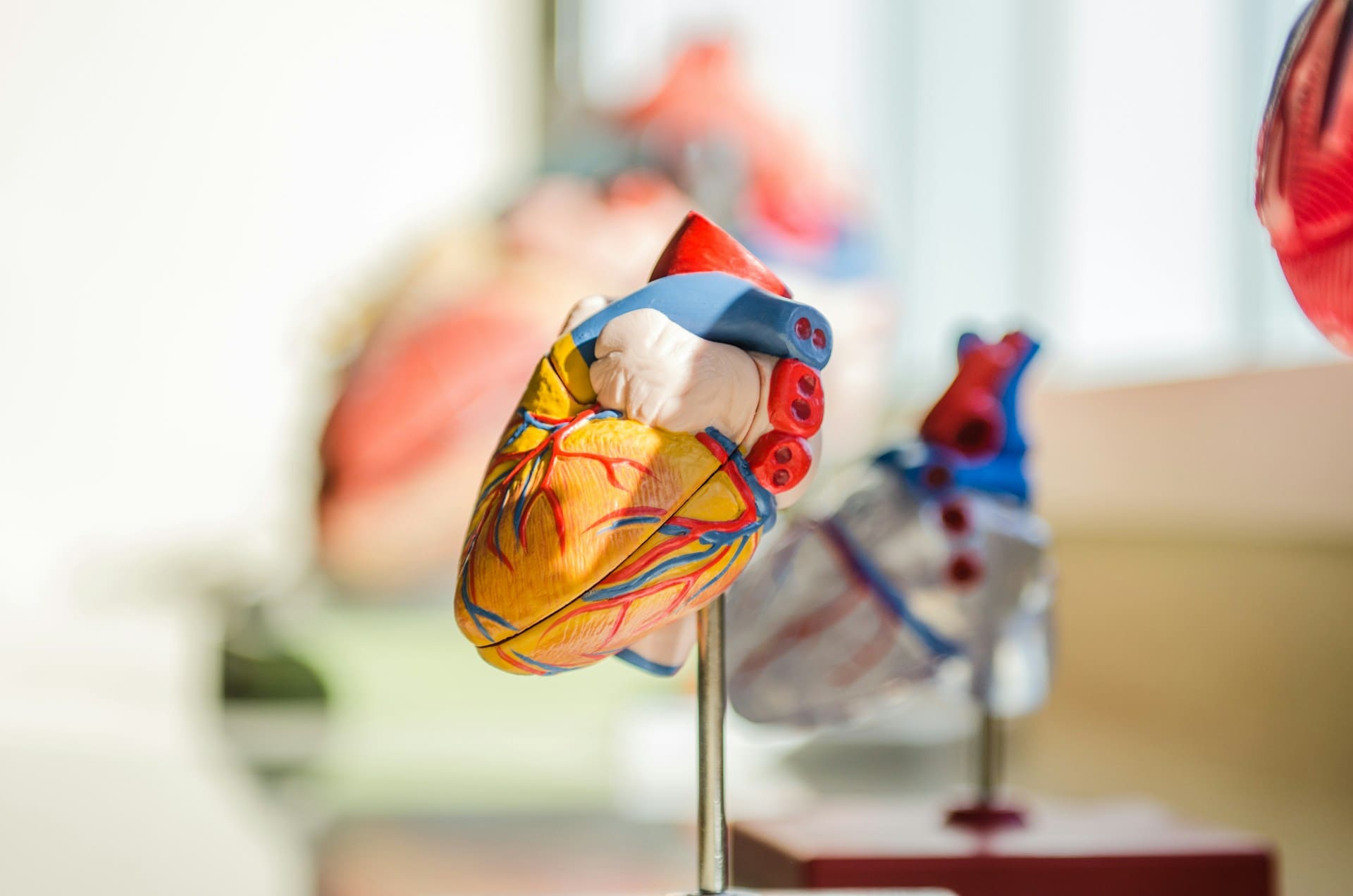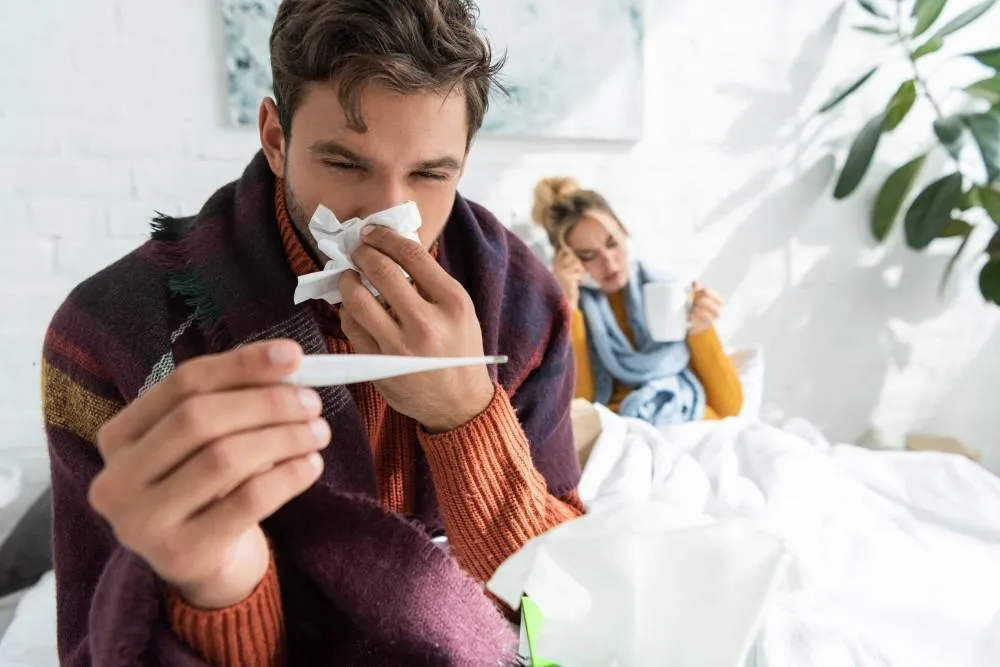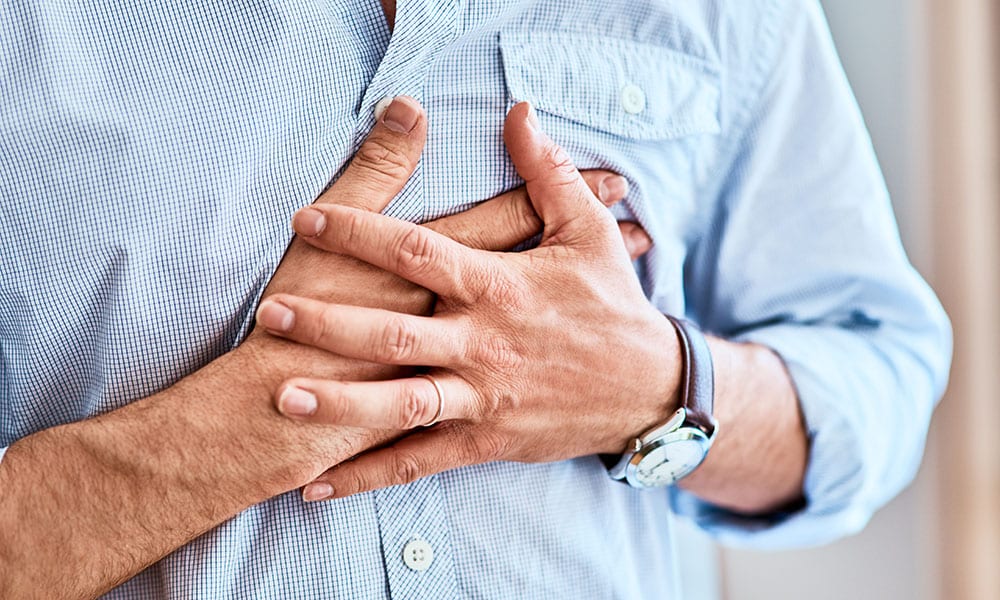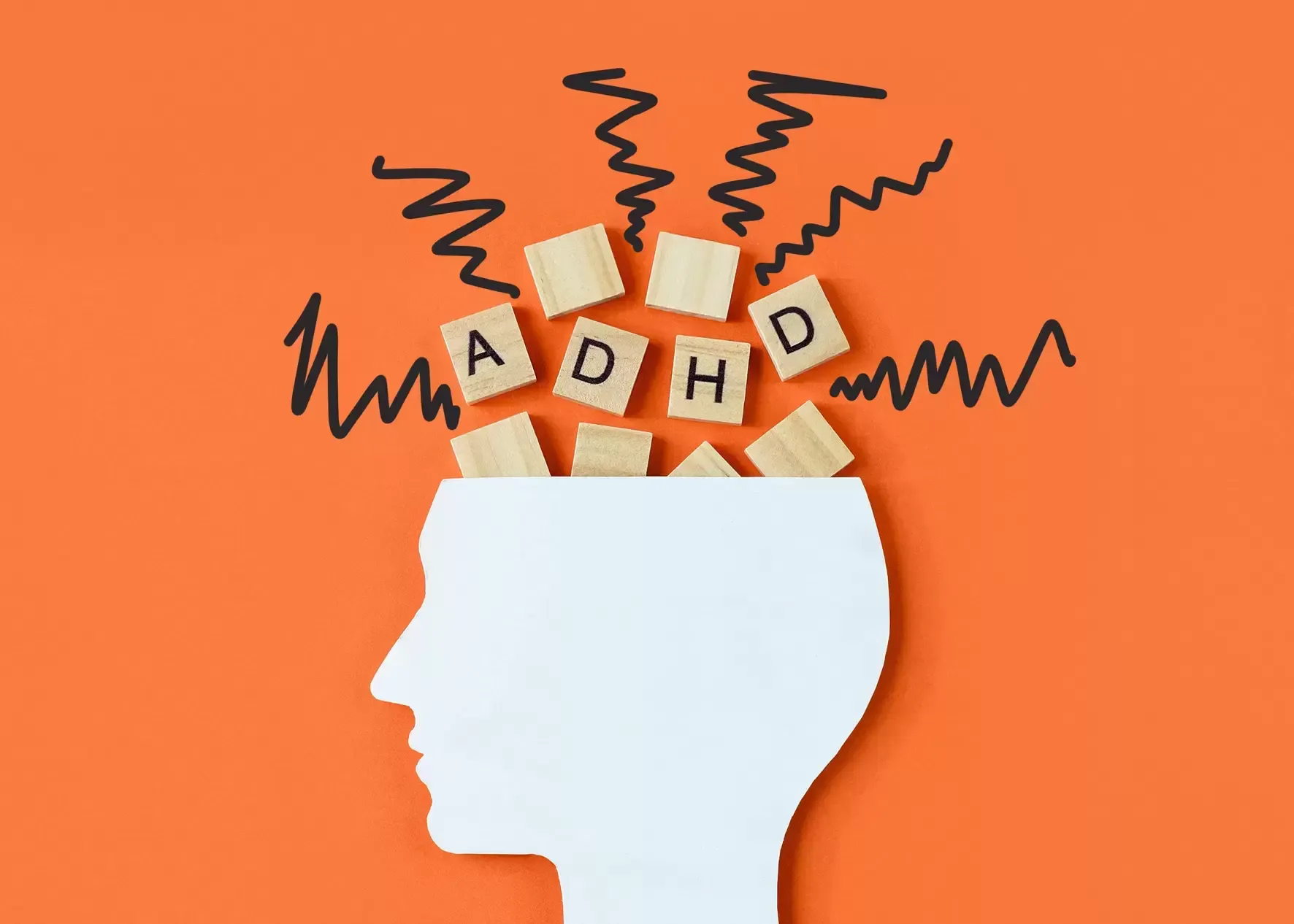10 Critical Dehydration Signs & Prevention Tips

Dehydration is a pathological condition of the body with an acute lack of fluid in the body. The adult human body contains approximately 60% of the fluid. If the water in the body is reduced to 40-50 ml/kg, we are already talking about symptoms of dehydration. And the greater the lack of fluid is observed, the more dangerous the situation.
In case of serious fluid loss, the blood becomes too thick, cell ischemia develops, including brain ischemia, metabolic disorders appear, and in the end, it can lead to death.
According to NCBI Bookshelf water loss affects 17-28% of older adults in the United States. It’s a frequent cause of hospital admission. An estimated 518,000 people are hospitalized in the United States each year due to dehydration (source – Everyday Health)
Dehydration is a significant contributor to hospital admissions, particularly among the elderly. In the U.S., about 1.5% of all emergency room visits are due to dehydration symptoms, with nearly 500,000 hospitalizations annually related to complications (Psychology Today).
What Is Dehydration?
Diarrhea, vomiting, taking diuretics, heavy sweating (e.g. during extreme heat, especially prolonged exercise) and low water intake can lead to dehydration.
Dehydration is particularly prevalent in the elderly because their thirst center does not function as well as that of younger people. Therefore, some older adults may not realize they have signs of dehydration. Some diseases can increase urine output and thus cause water loss.
Hypohydration among infants and young children is also common because the volume of fluid lost during diarrhea or vomiting may be a larger proportion of their physiologic fluid compared to older children and adults.
10 Critical Dehydration Signs & Symptoms
What are 10 signs of dehydration? First, fluid deficit triggers the brain’s center, causing a person to become thirsty, a strong motivator to consume more fluids. Sweating decreases and less urine is excreted. The body moves water from cells into the bloodstream to maintain the right amount of blood (blood volume) and blood pressure. If hypohydration continues, the body’s tissues begin to shrivel, and their function is impaired.
Dehydration symptoms (mild to moderate) include:
- thirst;
- decreased sweating;
- decreased skin elasticity;
- decreased urine production;
- dry mouth.
Decreased blood pressure is seen with serious dehydration, which is indicated by headache and dizziness, especially when standing. If water loss continues, there are such dehydration symptoms as shock and severe damage to internal organs: kidneys, liver, and brain. Brain cells are particularly sensitive to severe forms of fluid deficit. Confusion is one of the most telling indicators of severe hypohydration. You need to get medical help in walk-in clinics in Gaithersburg because severe dehydration is too dangerous.
Dehydration Risk Factors
Everybody knows that we should drink water to prevent symptoms of dehydration. However, sometimes even more water is needed. This is especially true for people who sweat a lot. And it does not matter what it is caused by.
Significantly more to drink should:
- pregnant women;
- lactating;
- athletes;
- after poisoning accompanied by diarrhea or vomiting;
- after heat stroke;
- during periods of frequent urination.
Drinking more is recommended for those who are on a diet because diet and mental health are inseparable. A person on a diet does not get enough nutrients, so it is necessary to drink water in sufficient quantities to avoid metabolic disorders.
Signs of dehydration often accompany some diseases. Intestinal infections that cause diarrhea can cause the loss of large amounts of fluid and alkaline ions, so the body develops acidification or acidosis. In children, this type of pathology develops rapidly and leads to severe disorders in the work of internal organs. Some pathologies can lead to symptoms of dehydration.
Hypohydration can be the result of uncontrolled intake of diuretics. They are prescribed to patients with arterial hypertension, but some women use diuretics to reduce body weight. With the constant intake of pills, the body loses a lot of fluid and electrolytes, and severe heart disorders appear.
Effects of Dehydration
Dehydration symptoms occur when the body loses more fluids than it takes in, leading to an imbalance in essential electrolytes and a decrease in bodily functions. Even mild disease can result in symptoms of dehydration such as dry mouth, dizziness, fatigue, and headache. Severe water loss is more critical and can cause complications like kidney stones, urinary tract infections, and even kidney failure. The body’s ability to regulate temperature also diminishes, which can lead to heat exhaustion.
Dehydration can impair cognitive performance and concentration; Just imagine, studies report losing just 1-2% of body water can impair memory, attention, and mood. Prolonged water loss can lead to confusion, irritability, and in severe cases, coma. Symptoms of dehydration for children are very dangerous and can quickly escalate to a life-threatening condition due to their smaller body size and faster metabolism. For athletes, hypohydration is also dangerous because it affects physical performance, reducing endurance and increasing the risk of injury.
Chronic drying out may be a reason for kidney disease, heart problems, and digestive issues. You need to recognize the signs of dehydration early and take preventive measures to maintain proper hydration and overall health.
Best Steps That Will Help Avoid Dehydration
It is better to prevent 10 signs of dehydration than to treat it later. Drinking enough water helps to avoid water loss – this simple truth is known to everyone.
It is necessary to remember the following rules:
- drink clean and fresh fluid is necessary during all the time when a person is awake, without relying on the level of activity and well-being;
- water is an integral part of a healthy lifestyle. You should drink 2 – 3 liters of clean water every day. For the elderly, this rule is especially important because with age the sense of thirst is dulled. Coffee, tea, broth, etc. are not included in this liter.
- in any acute condition, especially with increased body temperature, the liquid should be taken much more – 1.5 or even 2 times;
- during intensive physical activity, an adult should drink enough water to avoid symptoms of dehydration;
- should not drink water during meals or immediately after. This can interfere with digestion. It is better to drink a little warm water for 20 – 30 minutes to stimulate the release of digestive juices. Small amounts of beverages (water, juices) are allowed during meals.
Sometimes children don’t like to drink water. You can squeeze some lemon or orange juice or use other fruits. This will make the drink similar to lemonade, and you can avoid dehydration symptoms.
If you have chronic constipation, nutritionists advise to increase the amount of water they drink, as well as replenishing the diet with vegetables and fruits that contain a large amount of liquid. These include cucumbers, cabbage, tomatoes, lettuce, peppers, citrus fruits, watermelon, berries, broccoli.
Keep in mind that thirst is the only signal that indicates the body’s need for water. However, thirst does not always occur in the initial stages of dehydration, which is especially characteristic of areas with a cold climate.
Drinks containing caffeine or alcohol, spicy dishes, the use of decorative cosmetics, and wearing synthetic tight-fitting clothes in hot weather are not recommended. These steps help avoid symptoms of dehydration.
Dehydration Treatment
Treating dehydration effectively is crucial to restoring the body’s fluid balance and preventing serious complications. The most important thing in water loss treatment is rehydration. For moderate and light types of hypohydration, drinking water or oral rehydration solutions (ORS) is typically sufficient.
If you have serious signs of dehydration, particularly when oral intake is not possible or effective, intravenous (IV) fluids may be necessary. This treatment involves administering fluids directly into the bloodstream, quickly restoring fluid levels and correcting electrolyte imbalances. Medical attention is crucial in severe dehydration cases to prevent complications such as kidney damage, seizures, or shock.
In addition to fluid replacement, it’s essential to address the underlying cause of this disease. Monitoring urine color and frequency can also help gauge hydration levels, with light-colored urine typically indicating proper hydration.
Timely and appropriate treatment can effectively reverse and prevent symptoms of dehydration.
Conclusion
Dehydration can sneak up on you unnoticed, but it doesn’t have to catch you off guard. By knowing the important signs of dehydration and doing your best to stay hydrated, you can protect your health and well-being.
Remember, prevention is key. If you experience severe symptoms of dehydration, seek medical attention promptly. Make hydration a priority in your daily life and enjoy the benefits of a well-hydrated body.



